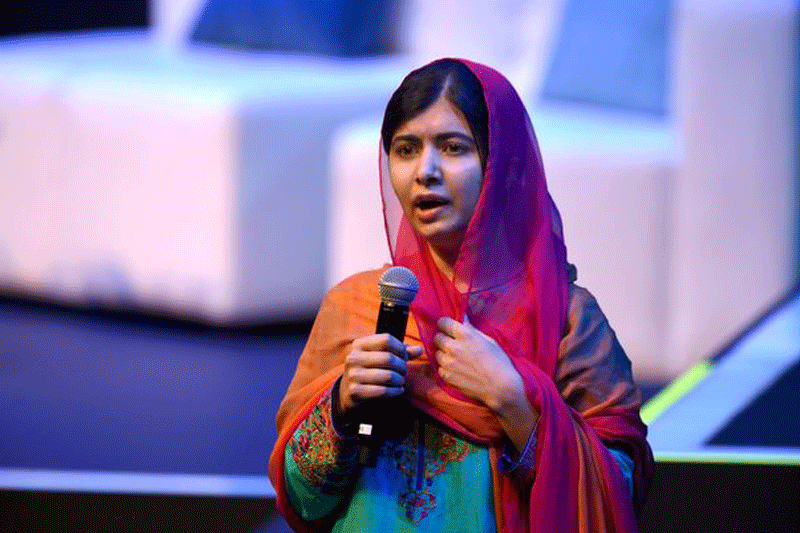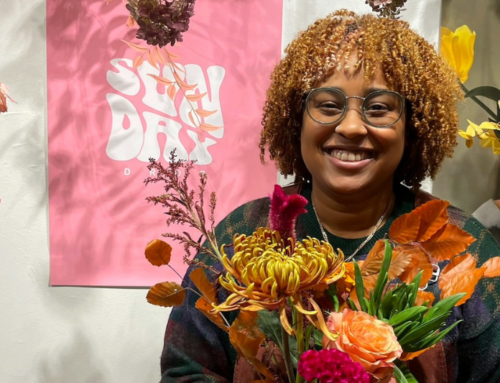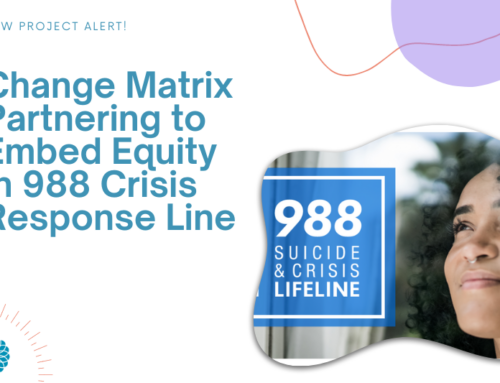It is 2020…100 years of women voting in this country. As we look back to notable moments like this in history, we celebrate women leaders and acknowledge that the path to gender equality has not been inclusive and we are still on it. For that reason, the Change Matrix team is sharing a series of personal essays about women. They might be women we know who were models or mentors and influenced us as professionals. They might be women whose work we have loved and integrated into our own. They might be about our identification as women through a cultural lens.
SUGANYA
Born in the mid-fifties as a young Malaysian Indian, my life trajectory has always been informed by my education. I knew early and intuitively that an education would open doors for me that would otherwise remain closed. So, it is with great awe and admiration that I have watched young Malala Yousafzai come to prominence as a vocal advocate and a beacon of hope for all young girls who want an education.
Who is Malala? We have all watched her grow in front of our very own eyes from a young girl swathed in bandages in a hospital bed in Birmingham, England to the youngest Nobel laureate awarded the Peace Prize. Her stance on education started much earlier when she was only ten years old. At that time, she was living in a part of Pakistan that was controlled by the Taliban. They deemed that girls be banned from attending school and participating in cultural activities like dancing or even watching television. They destroyed over 400 schools in their opposition and terror campaign to not educate young girls.
At that time (2007), Malala was determined to go to school. So, she stood up to the Taliban. She even questioned their actions to take away her basic right of an education, widely and openly on Pakistan television. Prior to that, she had been writing an anonymous blog for the British Broadcasting Corporation. Over the next few years during the ban on education, she continued her public campaign for her right to an education. In the following years, she and her father became known throughout Pakistan for their passionate advocacy for access to free quality education for girls. She won the International Children’s Peace prize in 2011 for her courage and commitment on behalf of all young girls.
On a fall morning in 2012, Malala was shot three times by a young Taliban member who asked for her by name after boarding a bus. She was seriously wounded, was airlifted first to a military hospital in Pakistan and then to an intensive care unit in England. Over the next year she would have multiple surgeries to fix the paralyzed left side of her face. After months of treatment and therapy, Malala started school in Birmingham.
From 2013 onwards she continued her crusade for educating girls through numerous events, including visiting New York and speaking to the United Nations. She wrote a book I am Malala: The Girl Who Stood Up for Education and Was Shot by the Taliban. She co-founded the Malala Fund with her father. On her 17th birthday she visited Nigeria to speak in support of the girls who were abducted by the Boko Haram, which like the Taliban bans girls from going to school.
Today, she continues her work advocating for education as a fundamental right for all people, male and female. Through her fund and her personal engagement, Malala speaks to the power of education for young girls, and then as women, to transform their world.




